1
HOME > Tips & Advice >
4 TIPS FOR DOING WINTERTIME ATHLEISURE STYLE
HOW TO ADJUST AND REFINE YOUR SIGNATURE ATHLEISUREWEAR LOOK FOR THE COLDER MONTHS
Written by Ivan Yaskey in Tips & Advice on the 7th February 2018
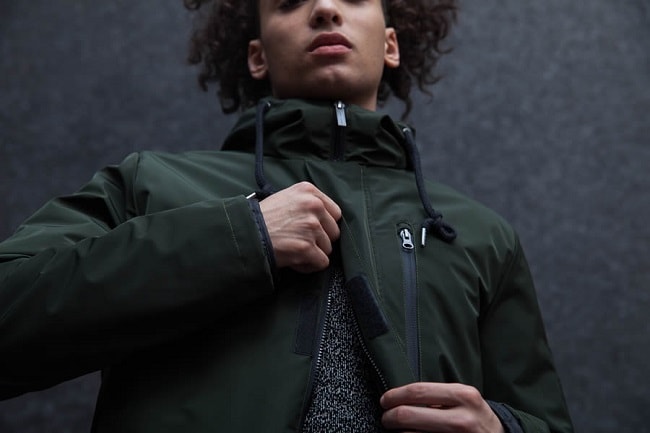
Who doesn’t want to look like you just returned from the gym – minus the sweating, of course. Athleisure implies that you’ve got goals – perhaps you even record them for your Instagram feed – and you achieve them while barely trying. You just look that fit – and have streetwear-worthy fashion sense on top of that.
But, between your limited-edition trainers, patterned joggers, and timeless logo tees, you’ve got to face the seasonal changes. Shaking in your kicks come February isn’t worth it. However, that doesn’t mean you’ve got to return to run-of-the-mill jeans and winter boots. So, just as you adapt your fitness routine, you can adjust and refine your signature athleisure style.
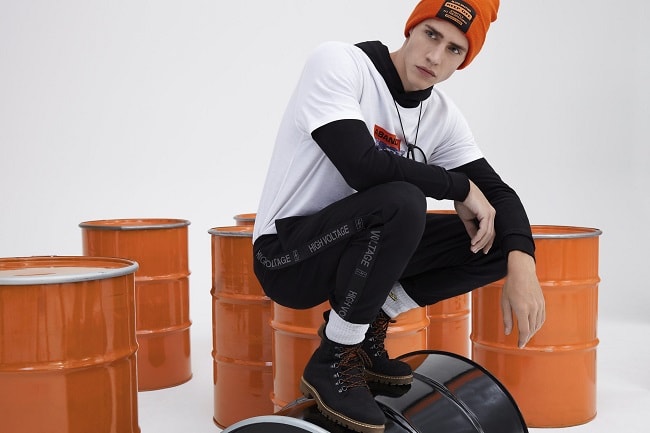
Transition to Cold-Weather Tech Fabrics
Come spring, your athletic gear – and, by default, most athleisure styles – helps you stay dry and cool via a combination of moisture-wicking properties and ventilation features. Yet, as soon as below-freezing temperatures arrive, aspects like mesh paneling prove to be useless on a practical level and, frankly, a serious pain as you’re going about your day. Thus, the countermeasure to these warm-weather tech features is body heat-retaining materials. Starting at a base level, you’ve got your fleece and fleece-lined blends – common on sweatshirts, hoodies, and joggers. Available in light to heavy-weight constructions, these materials work as moderate insulation; Not quite a puffer but built to prevent your body’s natural warmth from escaping and leaving you – literally – out in the cold.
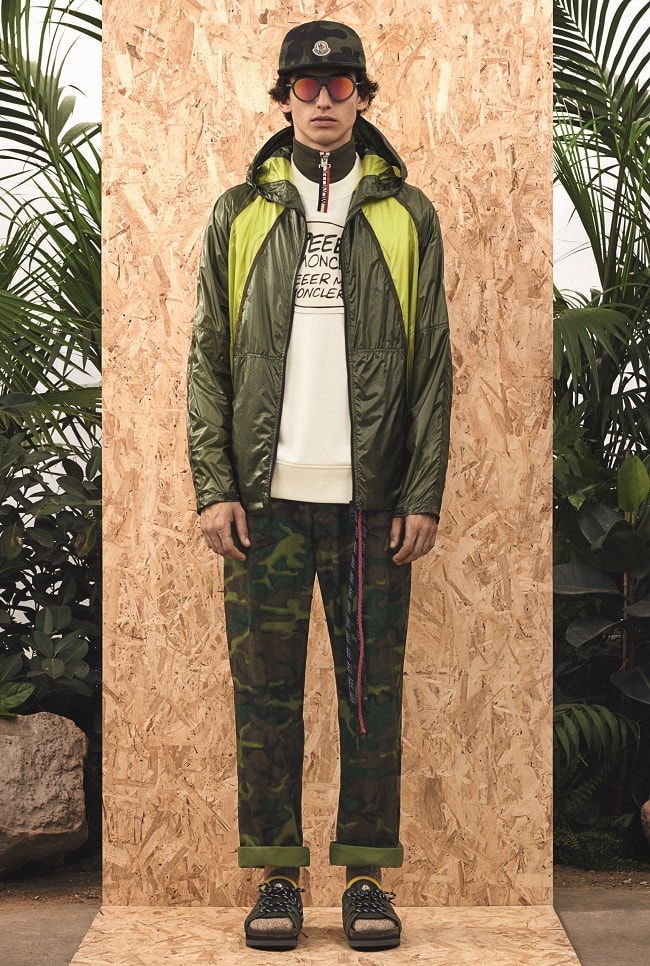
However, many the fashionable – or, at least, streetwear-leaning man complains of fleece’s fuzzy and eventually pilled appearance. So, as a solution, you’ve got lightweight but heat-trapping tech fabrics like Under Armour’s ColdGear. When you’re looking to feel streamlined, without seeming like you’re wearing trousers cut from a blanket, these thinner fabrics, engineered to reflect heat back onto your skin, do the trick. Added to this, if you’re one to spend more time outdoors through the winter months, seriously consider water-resistant construction. While fully waterproof garments create that wearing-a-trash-bag sensation, water resistance prevents moisture – light, icy rain to full-on snow – from soaking through your outers.
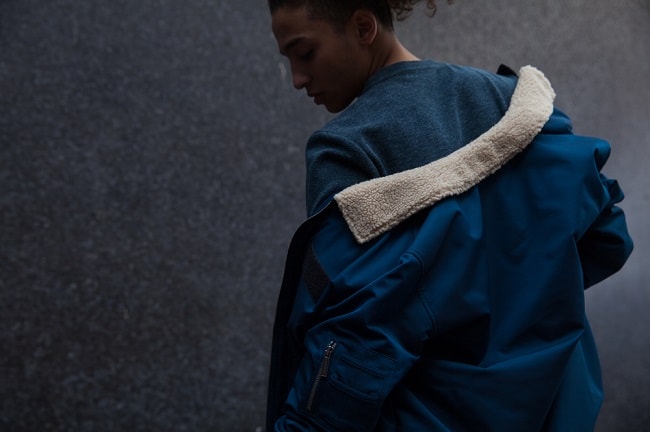
Know Your Basics and How to Layer Them
Joggers, with a loose Nike Swoosh vest and your retro trainers? Leave them in the closet, until at earliest late March. Now’s the time to break out that vintage-styled Champion sweatshirt – or one like it – and joggers that give you coverage to the ankles. Cropped lengths, too, are best reserved for spring. Unless you keep your trusted logo tees around, layering them under a thermal or heat-retaining compression top, these two essentials form your cold-weather foundation. The outer jacket, though, should blend traditional cold-weather features – insulation and quilting, for instance – with some degree of athletic style. A standard puffer, as a starting place, gives off “I’ve just been up to the ski lodge” vibes, while a lighter, quilted moto jacket implies you’ll be practicing those jumps on your bike as soon as the snow melts. In between these two, you’ve got the active jacket – sometimes called a runner’s jacket – with strategically placed insulation around the torso – enough to keep you warm on your commute, but far from bulky. Or, layering in threes might apply in this instance. On top of your sweatshirt, consider a track jacket or hoodie – with thumbholes for both an authentic touch and to prevent bunching around the cuffs – and finish it off with a light, structured quilted jacket to hold onto just a bit more body heat.
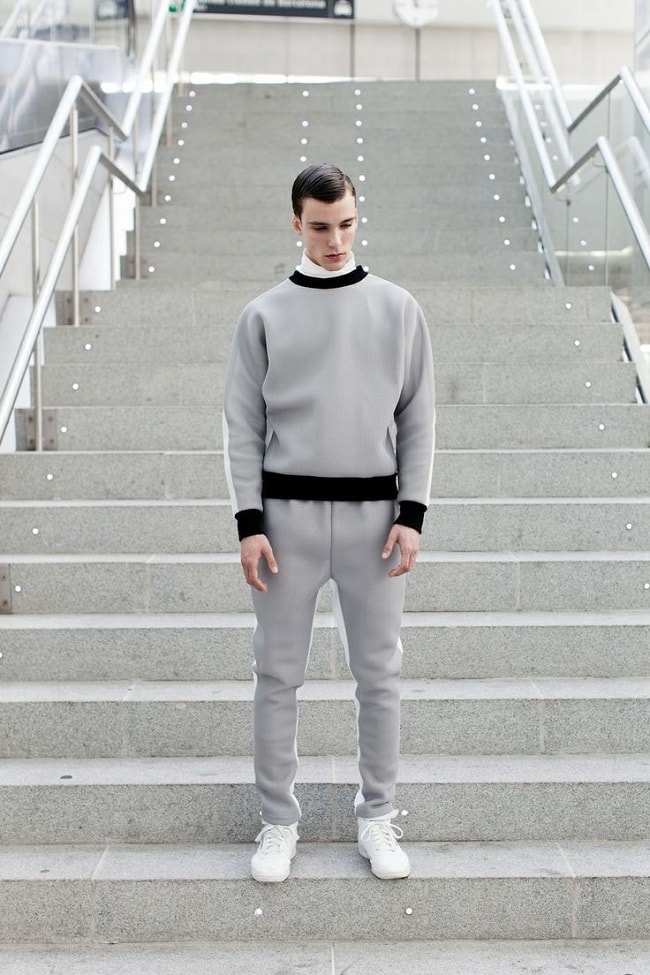
Be Selective About Accessories
Fashion wise, accessories make that perfect, personified finish – a hint that reveals a bit more about your refined or ostentatious tastes. With athleisure, especially in winter, they play a secondary role: capping off your warmth from the top and bottom. As such, begin at the base – and by that, we mean with your socks. Crew-height running models typically add a combination of anatomical padding and support; however, for winter, hiking socks expand upon this. Specifically, a heavier-weight merino wool blend naturally traps warmth, wicks away moisture, and may even throw in antimicrobial properties. From the top, you’ve got your head to think about – and all the heat that could escape. A wool-blend snapback might be enough in certain parts of the world, but when you’re spotting frost on your windows, opt for a beanie and scarf. Just as with your socks, merino – or wool in some form – delivers that same cozy-yet-barely-there feel.
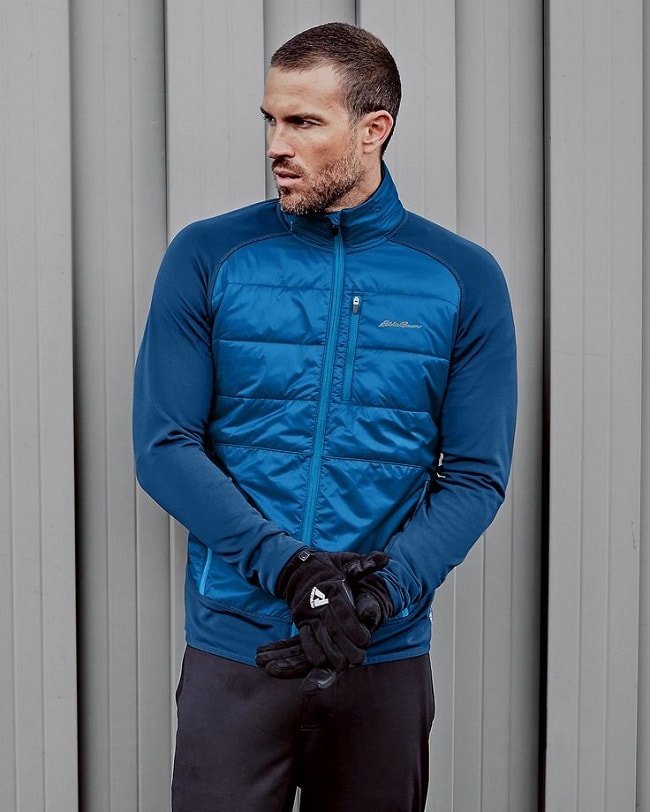
Somewhere Between Trainers and Boots
As you’re shoveling out your car, snow falling over and getting embedded into the interior of your low-top trainers officially means you’re done for the day; A wet sensation spreads through your socks, and cold from your heel to your toes. The solution? Look for something higher – and higher than standard high-tops, that is. The sneaker boot – a novelty with a practical angle, in this case – presents a paradigm hybrid: Style to suit your active-leaning tastes and height and coverage to withstand winter in this part of the world. Bonus points if it has a water-resistant leather exterior and GORE-TEX lining. But, even if you can’t find a sneaker boot with such attributes, hiking boots – not as dowdy as you remember – come in a close second. A mid-height and lace-up front mimic your favourite kicks’ silhouette, all while military-influenced ruggedness comes through their typical olive, tan, or brown hues. However, toughness isn’t just a façade; rather, aspects from a lugged Vibram outsole to fleece insulation prepare you to face the cold head on.
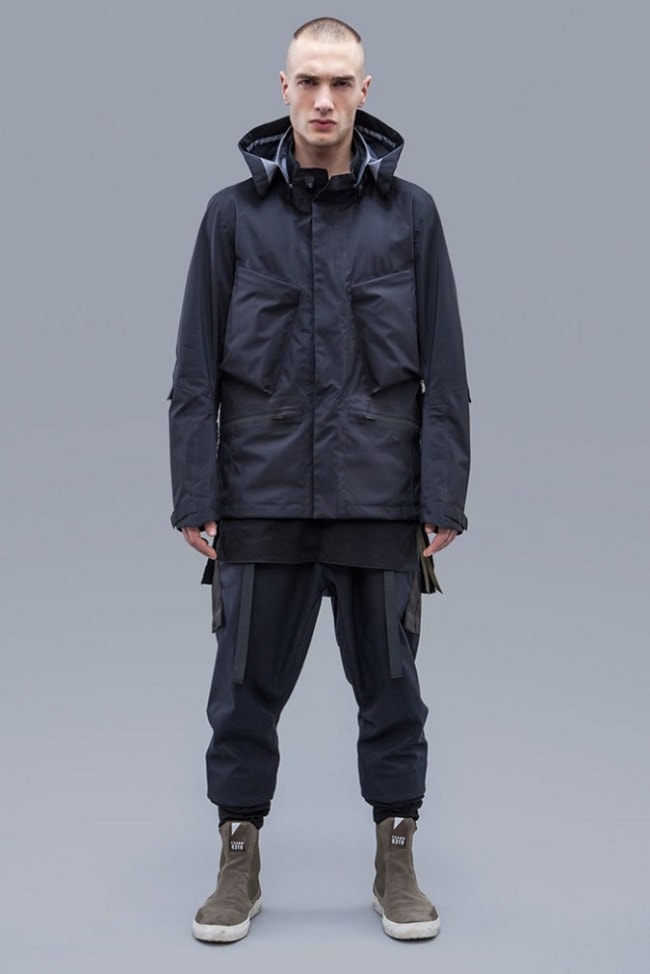

Trending
2
3
4
5
6
7
8
9
10










